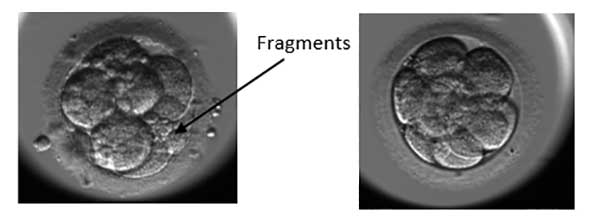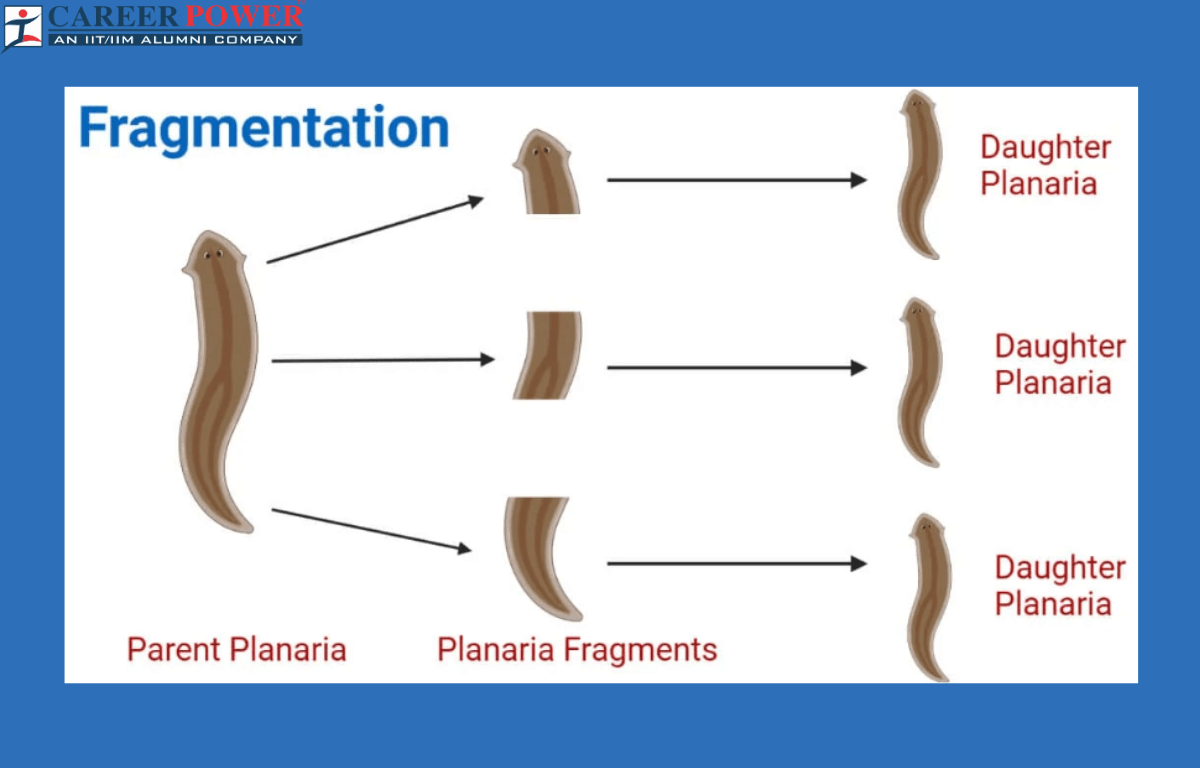The notion of fragmentation unfolds in various dimensions, where it manifests in the form of division without loss of area. Whether in natural landscapes, rural territories, or computing structures, the phenomenon of fragmentation alters the original cohesion of the constituent units. In ecology, it radically modifies movements within ecosystems, influencing habitat distribution and species dispersion. In the digital context, data fragmentation, for example in Oracle and SQL Server databases, impacts the efficiency of searches and automated processes. This multiscale exploration offers a perspective on the complex ramifications of this concept, revealing its profound implications for organization and operational efficiency.
The concept of fragmentation is used in various contexts, including ecology, geography, biology, and computing. In general, fragmentation refers to the process of dividing or breaking something down, whether it be a physical space, a biological unit, or a data structure. This theory has deep implications for how we understand and interact with the world around us.
In ecology, the notion of ecosystem fragmentation refers to the division of a habitat into smaller, isolated parcels. This phenomenon does not necessarily lead to a loss of area, but it reduces the cohesion of ecological units. Fragmentation can alter biodiversity, reduce habitat options for species, and limit their movements. For example, in a highly fragmented landscape, a mammal species may be unable to migrate to a new region, thereby compromising its long-term survival.
Fragmentation of rural spaces is an analytical topic in geography. It highlights how once-coherent territories are divided into smaller units, often due to urban, agricultural, or industrial development. This process can be examined at different scales to better appreciate its effects. Impacts may include disruption of traditional lifestyles and changes in land use. A good understanding of these dynamics is essential for planning sustainable development in territories.
In biology, habitat fragmentation has direct consequences for animal and plant populations. A population sharing a habitat that becomes fragmented risks seeing its genetic diversity decline. Individuals who can no longer move easily from one parcel to another are more vulnerable to environmental changes and anthropogenic pressures such as pollution.
Theoretically, fragmentation is often seen as the beginning of a broader transformation process. For example, in the case of continental rifts, the initial fragmentation is a step towards a more significant continental division. These rifts are areas of high tectonic activity where the ground begins to pull apart, which can ultimately lead to the formation of new tectonic plates.
In computing, database fragmentation presents unique challenges. A fragmented index in a system like Oracle or SQL Server can slow down queries. This type of fragmentation occurs when data is not stored contiguously on the disk, making reading and writing operations less efficient.
The implications of fragmentation go far beyond simple organizational difficulties. They raise important questions for researchers, technologists, and industry leaders. The paradox of Industry 4.0, where there is an attempt to achieve digital transformation while avoiding disconnections, is a relevant example (source). Similarly, the need to reassess our approaches in light of France’s climate commitments is another aspect of current challenges (source).

Table des matières
ToggleFAQ on Fragmentation: Understanding in Depth
Q: What is fragmentation?
A: Fragmentation refers to the phenomenon of breaking something into pieces, causing a loss of cohesion among the smaller units that comprise it, but without a loss of total area.
Q: How does fragmentation impact habitats?
A: Landscape fragmentation can reduce habitat choices for species, modify dispersion movements, and considerably alter ecological dynamics by limiting migrations of individuals from one population to another.
Q: Why is understanding the fragmentation of rural spaces important?
A: To understand fragmentation of rural spaces, it is necessary to consider different scales. This allows for a deeper analysis of the effects of fragmentation on rural areas and implications for land use planning.
Q: What are the effects of fragmentation on the ecosystem?
A: Fragmentation decreases the available area for species, hindering ecosystem function. For example, it can limit migrations necessary for genetic exchange between populations.
Q: What is the relationship between fragmentation and the digital transformation of industry?
A: In the context of Industry 4.0, fragmentation can be viewed as a challenge to overcome on the path to digital transformation. It represents the disconnections that can hinder process optimization and harm operational efficiency.





